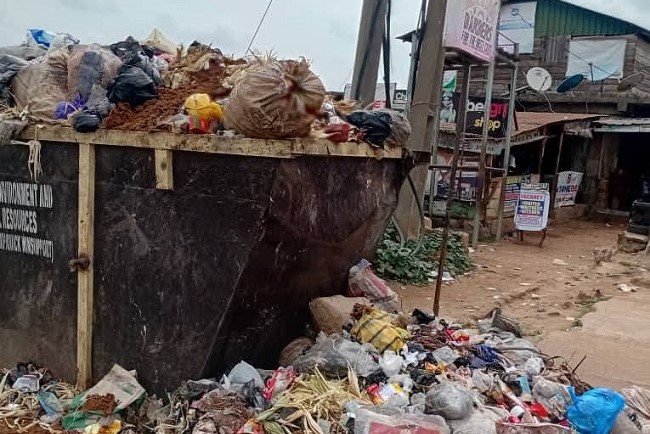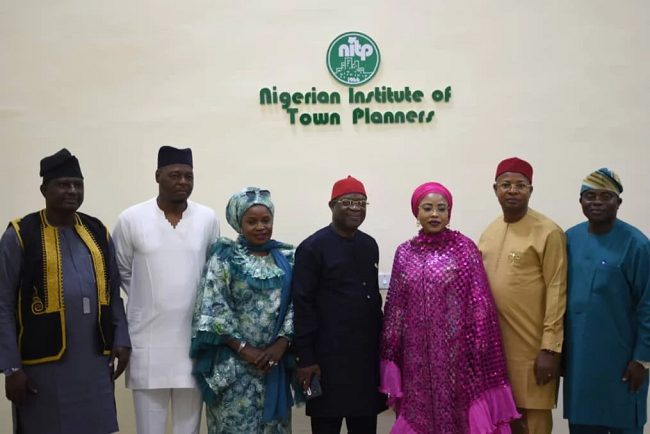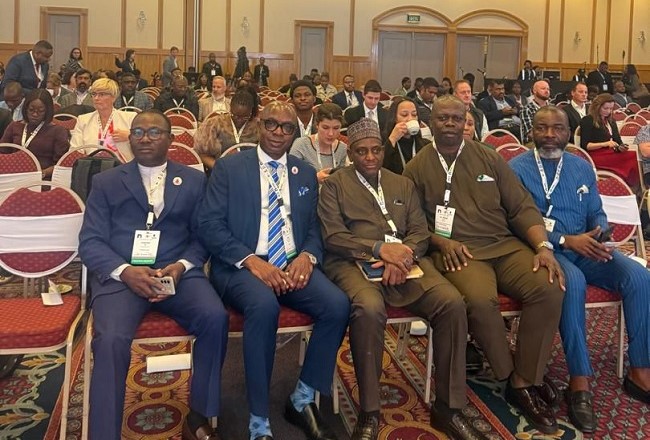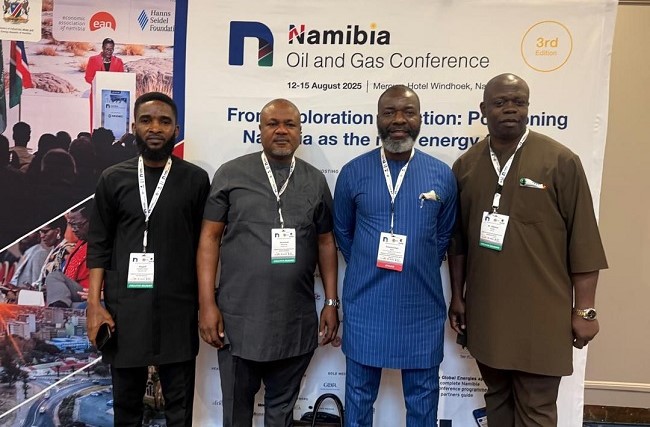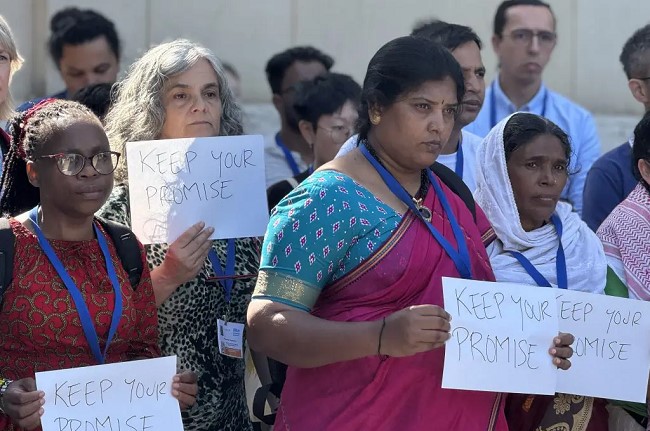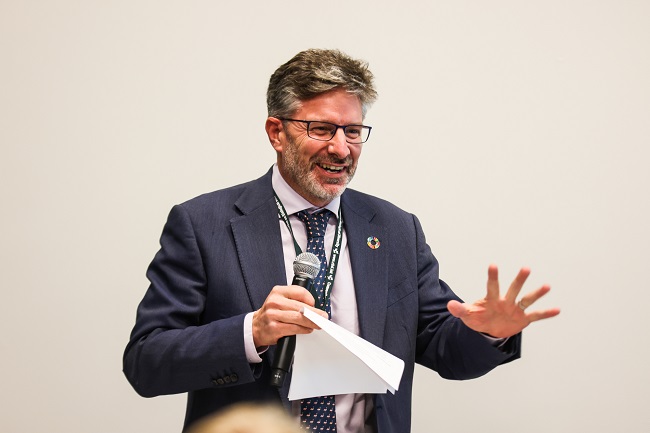The Minister of Solid Minerals Development, Dr Dele Alake, has announced plans to revoke 1,000 dormant mining licences in addition to the 900 it revoked in 2024.
Alake disclosed this at the opening of the maiden edition of the National Steel Summit on Wednesday, August 13, 2025, in Abuja.
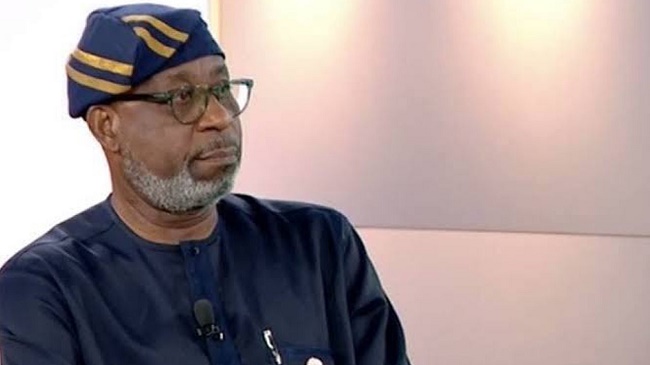
“To clean up our licencing system, I had to invoke over 900 licences which were domant titles, and they had become tools in the hands of speculators rather than instruments of development.
“I wish to announce here again that very shortly I am going to announce another over 1,000 licences that will be revoked.
“The Solid Minerals sector is no longer a playground for opportunists, It is a driver of national industrial growth and continental leadership.
“We are laying the foundation for Nigeria where mineral resources create Nigerian jobs, feed Nigerian industries, and build Nigerian prosperity,“ he said.
Alake described the theme of the summit, “Rebuilding and Consolidating Nigeria’s Steel Industry: Collaborative Action for Sustainable Growth and Global Competitiveness”, as apt and in line with Nigeria’s quest for economic diversification.
He stressed that the administration of President Bola Tinubu was determined to position Nigeria as the steel hub of West Africa.
He said that this was anchored on local beneficiation, sustainable practices, and private-market partnership.
Nigeria, he said, must transition from being a country that exports raw minerals and imports finished goods to one that uses its mineral wealth to create jobs, technology, and national prosperity.
According to him, the Ministry of Solid Minerals Development is deliberately aligning its reforms to support the Ministry of Steel Development in recognition that the steel value chain begins with mining
“Our mineral policies must directly feed into steel production capacity.
“This mutual dependency must be synergised and tailored to the development priorities of this government,” he said.
In her remarks, the Minister of Industry, Trade and Investment, Dr Jumoke Oduwole, said that the ministry was accelerating economic diversification through targeted reforms in industrialisation, manufacturing and innovation.
Oduwole explained that this was to ensuring Nigeria’s resources were processed and value-added, therefore creating jobs, building industrial capacity and driving long-term economic resilience.
“Through special economic corridors and trade and labor infrastructure, the Federal Ministry of Industry and Investment is focused on creating platforms that will crystalise investment.
“Integrate our steel industry into global and regional value-added markets and deploy our resources.
“We are committed to deep, sustained reforms to make Nigeria a competitive destination for steel investment,“ she said.
Also speaking, the Minister of Steel Development, Mr. Shuiabu Audu, described the steel sector as the critical backbone of an industrialised value chain.
Audu said this was due to it as the essential base material for significant sectors such as construction, automobiles, electronics, shipbuilding, military equipment, and telecommunications.
He noted that though Nigeria was endowed with steel-making raw materials, it was yet to fully exploit its potential for industrial development due to the absence of operational integrated steel plants as off-takers.
He emphasised that iron and steel production would generate employment opportunities and provide capacity for self-sustaining growth, alongside offering a unique opportunity to facilitate a diversified economic base for any nation.
The minister said that the objective of the summit was to appraise the current status of the industry, explore investment opportunities, identify policy and infrastructure gaps, and provide recommendations.
He added that the summit was aimed at deepening collaborative partnerships, knowledge exchange between industry players and policy makers, and inclusive dialogue to forge a common realistic direction for a sustainable Nigerian steel industry.
By Martha Agas

